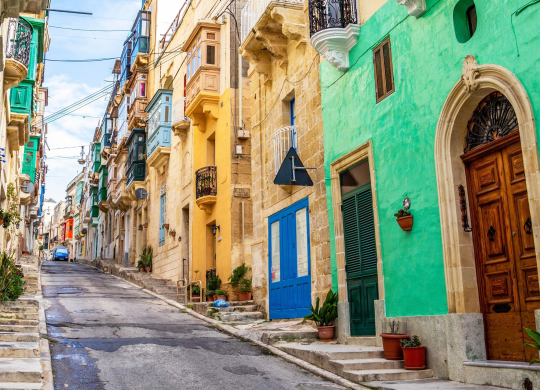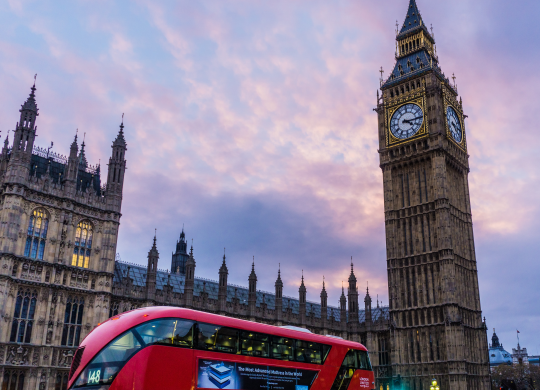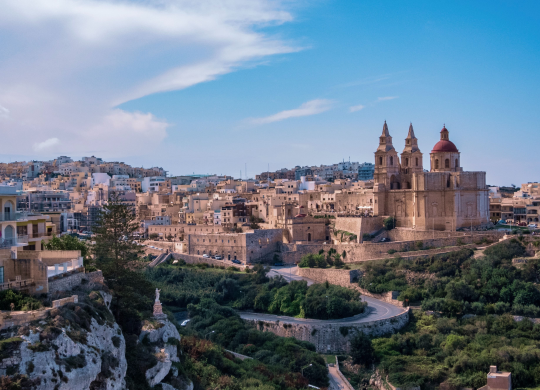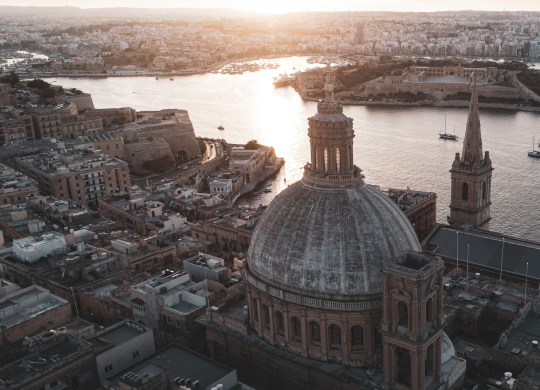Study and education in Malta: the most prestigious university in the country and obtaining a student visa

The Maltese archipelago is the tourist pearl of the Mediterranean. Travelers from all over the world come here for its paradisiacal landscapes, spas, and ancient architecture. But the island country also attracts a high standard of living and career opportunities. This is why many foreigners seek to obtain a degree from a local educational institution, thus securing a comfortable future in the Republic of Malta. In particular, the country is renowned for its efficient education system and the quality of its English-language education.
Higher education in Malta
Malta's education system is based on the British model. Therefore, the learning process is based on an individual approach to each student and a flexible schedule, allowing students to adjust their study schedules. In Maltese universities, for example, there is the possibility of self-selection of disciplines. Education in the country follows the Bologna system. It consists of a division into three stages, during which bachelor's, master's, and doctoral degrees are obtained.
One of the advantages of studying in Malta for foreigners will be the country's bilingualism. The period of British rule in the region has left its mark on history. Thus, English is the country's second official language, alongside Maltese. Malta is even considered a modern leader in the English language teaching industry. Local courses offer many language programs for foreigners of all ages. But the university admissions process can be complicated because of the mandatory English language proficiency requirements and confirmation of this in the form of TOEFL, IELTS, or Cambridge international certificates.
Maltese students are entitled to free higher education. But for foreigners from non-Schengen countries, this is not an option. These students cannot receive scholarships or social assistance in the form of financial compensation. However, the cost of studying and living in Malta is much cheaper compared to many European countries. And in terms of quality, Maltese education is no worse. You can find out more about studying in Malta in our checklist.
The most prestigious university in Malta
The University of Malta is regarded as one of the oldest universities in Europe. After all, the institution has been in existence since the late 16th century. Many members of the local elite and even former presidents of Malta have studied here. The academic year at the university is divided into 2 semesters. The first begins in October and the second in February. A bachelor's degree in most specialties is obtained in 3 years. Although law and medical students are required to study longer (5-6 courses). Master's degrees usually take 2 years to complete.
The university offers a one-year Foundation Studies preparatory program for applicants who do not speak English. Yet there are also many language courses offered by the university, such as French, Italian, German, Maltese, Spanish, and Chinese. Students can study in the faculties of arts, technical sciences, surgical dentistry, economics and law, pedagogy, medicine and surgery, humanities, natural sciences, computer science, architecture, civil engineering, and theology.
Student visa to Malta
The types of permits required by international students to study in Malta vary from region to region. Thus, representatives of non-Schengen countries must issue a visa for both short-term studies and full-time studies at the university. A type D Schengen visa is issued for a long period and a type C visa is for studies of less than three months.
Foreigners from visa-free EU countries who wish to study in Malta for more than 90 days must obtain a national student visa. But EU nationals only need to obtain a long-term permit to study at a university. A legal consultant will help you understand all the legal subtleties that occur when applying for a student visa.
To obtain a visa, you will need the following documents:
• a copy of your passport;
• two photographs;
• a letter of enrolment to the university;
• medical insurance;
• proof of residence;
• bank statements;
• completed visa application form.
Recommended articles
3 min
Blog
3 min
Residence permit
3 min
Treatment
Healthcare system in Malta: medical tourism and other important details
The quality of medical services in Malta is fully in line with the European level. That is why this small country has become a top destination for medical tourism. Learn more about the healthcare system and the cost of medical services in Malta
29 May. 2024
More details2 min
Work
All materials and articles are owned by VisitWorld.Today and are protected by international intellectual property regulations. When using materials, approval from VisitWorld.Today is required.